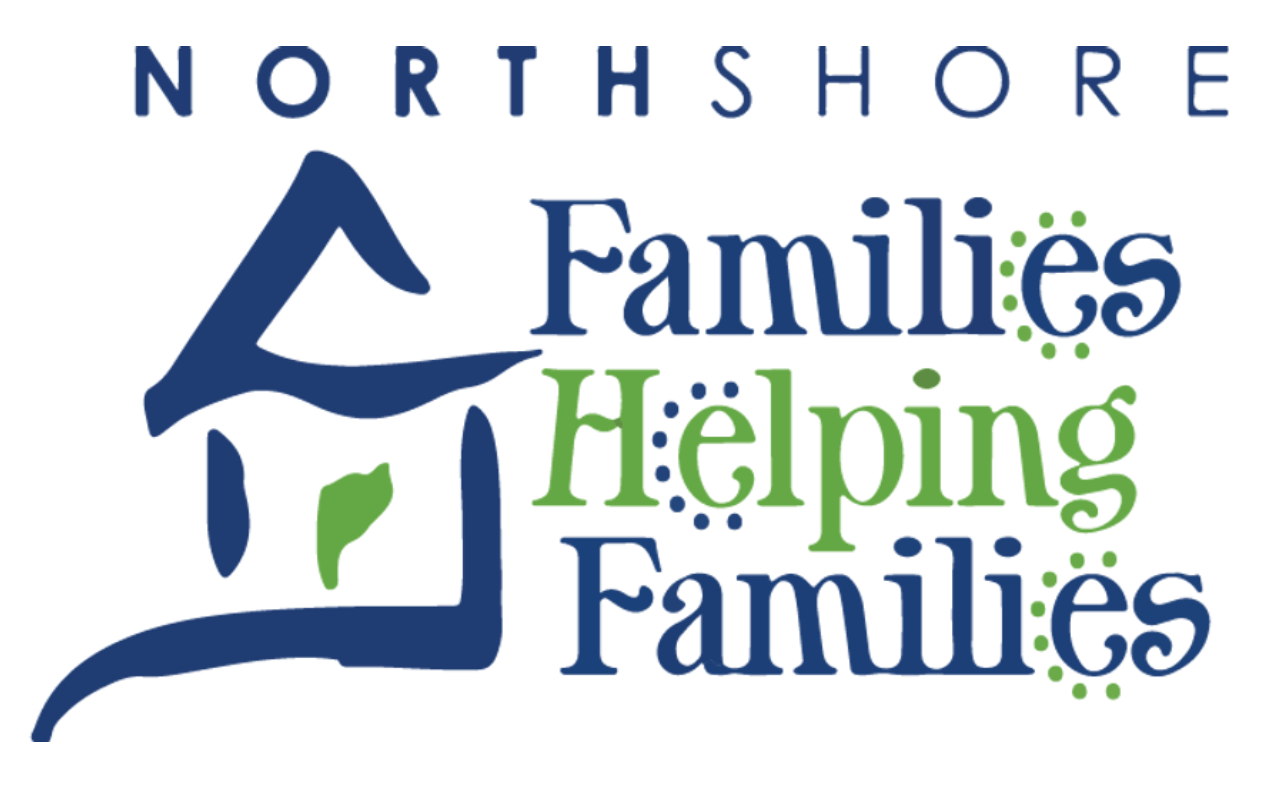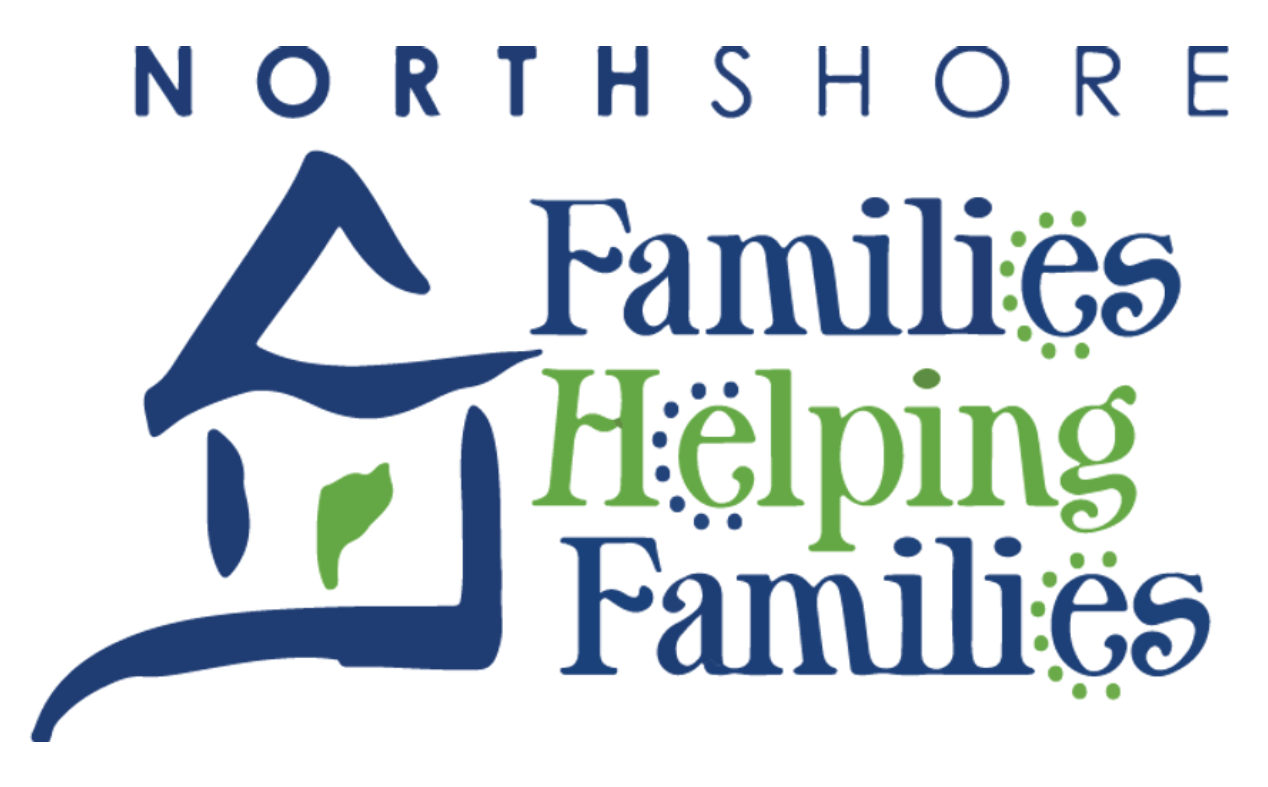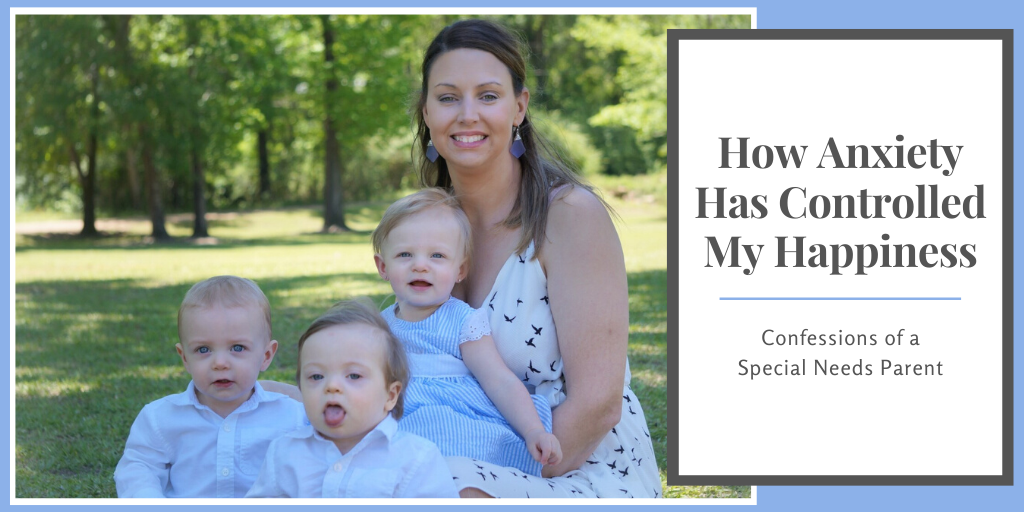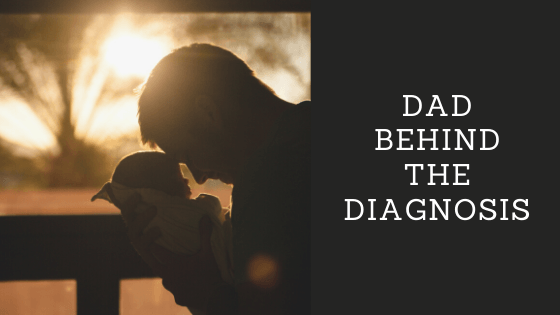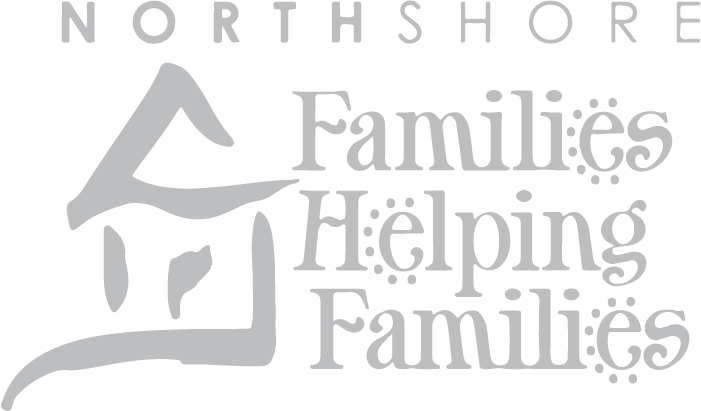A Mom's Journey
Author: Pat Ehrle
Wow! Looking back to write this, I’m thinking that it is hard to believe that so much time has passed since Craig was born and my life changed, dramatically—for the better. Today, I am not the person I was over thirty years ago. I am a mom, an advocate, and have the courage to speak and work toward better lives for individuals with special needs and others who can’t speak for themselves.
I compare my journey to traveling on a crooked, cobblestone road. A road without a smooth, clear path, but a road that is rocky and each turn is unknown, leaving you unaware of your next step or what is around the corner.
I was twenty-six years old when Craig was born. I had a perfect pregnant; not one day of sickness. I felt wonderful throughout. Working a full schedule, completing college courses; with final exams one week before my due date, I delivered a beautiful 8lbs 12oz baby boy—Craig David Blackburn.
I had no idea that Craig was born with Down syndrome. I was in a complete state of bliss and euphoria. Life was great! The next morning was my day of awakening. On his rounds, a pediatrician, walked into my room and told me “he thought” my baby was “mongoloid” and walked out of the room. I broke down and sobbed uncontrollably.
To this day, I still believe I was touched by an angel. An older (probably my age now) hospital volunteer was passing by my room and heard me crying. This stranger came into my room and held me while I cried my heart out and shook with fear. I will always be grateful.
I so loved my baby, but I was confused, afraid and just could not understand how this could have happened; I respected my body, never had a drink or smoked and I ate healthy.
The doctor, who had broken the news, said it would take at least two weeks to confirm whether or not Craig had Down syndrome. In my heart I knew. He had too many of the characteristics for it not to be so. The confirmation was received; Craig did have Down syndrome as well as a very weak heart due to endocardial cushion defect. Craig’s condition was so critical that surgery to repair his heart could not be considered at the time. He was also diagnosed with Hirschbrung’s disease at birth.
Craig’s physical condition was very weak; during the first six months of his life, it seemed like we lived in the hospital. At two months of age, a doctor told me he was not sure that Craig would make it to his first birthday. That was the day our life changed! Down syndrome took a back seat to his being able to survive. Survival was our immediate concern. The first action I took was to contact our family and ask everyone and anyone to pray for Craig.
We learned, through intensive research, at the time, one of the best cardiologists was in New Orleans. I took this as a positive sign from God—and it was! With constant monitoring and medication, Craig took a turn for the better! Surgery for correction of Hirschbrung’s disease occurred when he was two and heart surgery was able to be delayed until four. After both surgeries, there was no looking back. Craig was full speed ahead!
I am sharing these stories with you to help other parents who are struggling with their children’s health issues. For us, a difficult beginning has not equated to a lifetime of issues. In raising Craig, one of the most important lessons I learned, early, was to listen, absorb and then make decisions. I realized that I did not know it all and to take advantage of others who had walked the walk before me. If I could avoid mistakes and make life better for Craig, I needed too.
Shortly after Craig’s birth, I received great advice and literature about raising a child with special needs. I chose to incorporate much of this into our lives. One piece of advice was to avoid negativity and not be your own child’s barrier. This advice helped when I was fearful about a decision that needed to be made. I was not going to be Craig’s barrier. I would permit him to grow and experience, of course, within reason—I am still a mom.
I knew to be successful, Craig needed stimulation and early intervention; I pursued early intervention through the ARC of New Orleans, when Craig was three months old. They offered a program that mirrored a typical school setting, including a full day’s schedule. I knew it was right for Craig, but I was still anxious for my three-month-old baby; however, fears were calmed within a short period of time, as I began to see the progress. The staff were truly devoted to the children and the program.
The ARC was also beneficial for me. I learned how to create an IEP and be an active participant in the process. I also learned what was important for Craig to succeed and although I would not get everything I wanted, to remain strong for his priorities. One of the most important things that I learned was to keep the focus on Craig. It was not about what I wanted or what the school wanted, but what was best and would benefit Craig the most. This has been true in so many aspects of our lives; participating in teams, on boards and even our personal lives. If you lose focus of your goal, everything begins to fall apart. The ARC taught me how to be an advocate and a voice to speak for Craig. If it was going to happen for Craig, since he could not speak for himself at the time, it was up to me.
We started writing Craig’s IEPs at three months old. I always felt a key to Craig’s success was the ability to communicate and this was always the number one priority on his IEP. Craig transitioned into the public-school system at three years old but was in a special education setting without the benefit of inclusion from 3-8 years old.
We attended a weekend parent training conference, where we were bombarded with information; I sat and listened to the presenters, I felt like the messages were being delivered directly to me. I never believed Craig was appropriately placed in a non-inclusive educational environment. Every other aspect of his life, he was included. When the training was over, I felt empowered and excited, ready to meet with school administrators to share what I had learned.
I was surprised to learn, that our school system was participating in a model, funded by a grant. The model was intended to enable individuals with special needs to participate in inclusive environments with a resource teacher who was available to assist others and, therefore, not label the student with special needs. I could not understand how I hadn’t heard of this model and even more surprising, was that Craig had not been approached to participate. I was determined, after leaving the conference, to have these changes made for Craig.
During a meeting to revise Craig’s IEP and discuss my recommendations, I came to understand what the term “roadblock” meant. I was hurt, confused and shocked; not only did the educators, my friends, not agree with my recommendations—they were totally opposed. They were knowledgeable of the model but didn’t believe it was appropriate for Craig and that he would not succeed in an inclusive environment. I left the meeting doubting my judgment for Craig and feeling like the worse mother ever. The message communicated was that I was imposing my own goals on Craig and that he would crack under the stress.
I first cried and then prayed. Something within me, made me know that Craig, being included, was the right path. I was determined and was not going to give up—no one knew Craig better than I did. All we were asking for was Craig be able to try.
I approached two ladies who presented at the parent training conference and explained our situation. They agreed to attend the next meeting with us and would only speak if required. The IEP team met during the same week and their presence was a game changer. Our message was clear that Craig’s team was serious about inclusion. Everyone agreed to give it try for nine weeks and would, again, meet to discuss Craig’s progress and success. Everyone, also, agreed that Craig would be included in the model program.
At 8 years old, Craig was enrolled in a regular curriculum and included. Although he started first grade at 8 years old, the setting was appropriate for his size and mental level. During the nine-week meeting, the team agreed that Craig was making progress and we added, to his IEP, additional objectives that would enhance his success.
We were now familiar with the IEP process and understood the priorities for Craig; as well as, how important it was to understand what was being signed and agreed to. We also knew the goals, objectives and resources he would need, to be discussed and negotiated. As I stated, previously, speech was always number one. We always requested Craig’s IEP be completed and in place at the end of one school year in preparation for the next.
For Craig to be successful, all team members had to believe, be willing to work and ensure the appropriate resources were in place. As parents, we also were not going to just hand off his educational responsibilities to the school; we were going to take over when the school day ended and do what was necessary for Craig to succeed.
We have always recognized how important communication and language are in dealing with others and tried to place emphasis on what was in Craig’s best interest—not what we did or did not want. We tried to remember; meetings are a negotiation process and priorities need to be decided before entering the meeting. Craig was the ultimate winner. Our goals for Craig were first, he would be happy and next he would be the best that he could be; we wanted him to be an active participant in his classes.
I realized how important it was that Craig be recognized as a part of the school; so I became involved and conveyed the message that Craig’s family was willing to do their part. I volunteered as a room mother, volunteered for events and parties and was active in the PTA as either a member or on the board. I wanted Craig to have every advantage in life so as his advocate, I needed to be educated on various subjects that would impact his life. I became involved in organizations related to individuals with special needs, attended workshops and conferences and took advantage of opportunities to become more aware.
A life changer for me was Partners in Policymaking (PIP); after PIP, I truly understood what we were advocating for was our children’s civil rights— rights to which they, like everyone else, were entitled. PIP was a powerful resource. In 2004 Craig attended the training and graduated from PIP. As his final project, Craig chose to become a motivational speaker and today is able to give back to others as they have given to him.
Craig was active, his whole life, in and outside of school. We always remembered the advice to not be the barrier in Craig’s life; to allow and encourage him to try. We were always aware that Craig had special needs, but that was not who he was. He is a person first and that’s how we treat him.
Craig was included from the very beginning of his life and in every way that any other child without special needs would be. Craig wanted to be a manager of football in middle and high school. We told him it was good with us, but he needed to approach the coaches; he did, and this made a difference in his inclusion in school. The academics of high school were extremely challenging for Craig, our family and the team; but everyone continued to remain committed to supporting Craig in achieving his goals. He had to spend time in the evenings, on weekends and during breaks to stay on track in school, but his motivation was to graduate in 2000 with his classmates. Four years after Craig graduated from high school, we learned there had been non-believers on our team who thought that Craig would not meet his goal to graduate.
Craig was going to give his first motivational speech in Alexandria at an educator’s conference, where we were surprised to learn the St. Charles Parish Special Ed Director was going to introduce him. Ms. Yvonne Adler had been with us from the very beginning of Craig’s education. She was one of the barriers, but once Craig proved himself, we believed Ms. Adler was a supporter. She did support us but was fearful Craig would reach a plateau and not earn a regular high school diploma. She was not being unkind, but fearful for Craig and us. She began her introduction by explaining her fears and then stating she had been the one who was wrong—yes, she used the word wrong.
She said through Craig, she saw how hard work and a strong support system can make a difference. She then stated her approach with parents of individuals in Special Ed changed and she now encourages them to work hard and push the educational systems to do the same for their children. Sitting in the audience, tears streaming down our faces; we realized this was the first time, since Craig entered first grade, an educator verbally expressed that we had made the right choices for Craig. Needless to say, Ms. Adler is a very close friend today. We will always be grateful she had the courage to recognize, parents can be right in the choices they make for their children with and without special needs.
Craig’s graduation was one of the happiest days in his and everyone who supported him, lives! Again, to our surprise, the guest speaker mentioned Craig as an individual who never gave up and, in the end, reached his goal to walk across the stage and receive the diploma he earned. We told Craig, his whole life if he set a goal (reasonable), took all the steps to achieve the goal— we would support him. One of these goals was independent living. When he came to us and said he was ready to pursue this, we took a step back. What we promised was here; today was the day! We had told Craig that living independently was an achievable goal and he did everything we asked. There was no recanting this promise— so we started house hunting.
Our prayers were answered when we found a condo, centrally located and about 30 minutes from our home, with security. We knew immediately we were being given a sign, and this was it! Craig became a homeowner, has lived independently for almost seven years and loves it. Craig does not drive so the NOW Waiver provides him with transportation. He has his own set of friends and activities and is close to work.
Craig met a young lady, seventeen years ago at a National Down Syndrome Society (NDSS) conference in St. Louis, Heather Hancock who was from Oklahoma. A beautiful friendship which blossomed into a love story came into being over the years and nine years ago, Craig proposed to Heather. On June 7, 2016, in the St. Thomas, Virgin Islands, they made a commitment to each other to spend their lives together.
After working for Winn Dixie for 18 years, in 2017, Craig came to me and said he needed a change and wanted his dream job; to work for either the New Orleans Saints football team or the New Orleans Pelicans basketball team. I knew Craig would have a challenge making it through the typical application process so, together, we composed a letter explaining Craig’s accomplishments and his desire to be the best worker he could be. Six weeks later, he had an interview. The skills he acquired in middle and high school on the sports equipment team benefitted him by earning a position on the equipment team for the New Orleans Pelicans NBA basketball team. Every day Craig looks forward to a career, not a job, that he truly loves.
Craig has had so many opportunities in his life, but he has also worked very hard for them. He is truly a wonderful, caring son and person. It is because of his belief in life that everyone has something to offer that I believe others relate to him. My journey is not close to being over as we will always support him, but the efforts required are much less. Craig advocates for others and himself which is great because, as parents, even though we talk the talk, we will never walk the walk as our children do.
I go back to what I said in the beginning; “others have walked the path before you, be willing to take advantage of their lessons learned so your journey is on a straighter road.” Remember, to not judge your child’s success based upon another’s; set your own goals for your child, let them set their goals and work toward them.
The path is crooked and not always clear. The journey is tough and, I promise, you will be so tired at the end of many days that you don’t know how you can go on; but never give up. There will never be a path that is more rewarding, and you will truly understand why you have taken the path you have. To quote my favorite motivational speaker, Craig, “Success Does Come In Trying!”
I wanted to quote you all in the article, so I've been FB stalking you... haha Do you mind if I use "How could anyone believe our daughter's life was not worth saving simply because she has an intellectual disability?"

